A covert cellphone recording is raising concerns about internal pressures within Colorado Parks and Wildlife (CPW), specifically regarding how wolf depredation investigations are conducted and potentially influenced.
The nearly 20-minute recording, made on April 23 and shared with the Coloradoan on July 20 by Merrilee Ellis of Coberly Creek Ranch, captures a conversation between Ellis’s husband Mike Neelis, son-in-law Adam Edwards, and CPW wildlife damage specialist Rhea Ebel-Childs. The discussion centers on a calf found dead on April 19 in southern Routt County.
Ellis says the recording played a key role in overturning CPW’s original denial of their compensation claim for the calf, which was later determined to have been killed by a wolf.
Ebel-Childs, one of just ten CPW-trained depredation investigators, is heard in the recording saying she believes a wolf was responsible. However, she expresses concern that her findings won’t meet CPW’s internal standards and suggests she’s being pressured by higher-ups to label the case as inconclusive.
“Where I think I’m at, Mike — which is I don’t like it; you’re not going to like it — is that everybody is telling me that I have to call it inconclusive,” she says. “And if I don’t call it inconclusive, they are going to argue with me.”
She also says, “It makes me feel like I have no power… I’m the bottom of the totem pole.”
Initially, CPW recommended denying the ranch’s $2,250 compensation request. But one day before the July 17 CPW Commission meeting, the agency reversed its stance after Ellis’s attorney sent the recording to CPW’s legal team.
Ellis claims the agency only agreed to change its recommendation if the recording wasn’t mentioned at the public meeting.
“My personal belief is they didn’t want all the producers and commissioners to hear the reason why it got changed,” she said. “They took the facts and lied about them.”
The commission also reversed a $30,860 denial for missing calves and approved a separate $100,045.57 claim for Farrell Livestock. These payouts pushed the total 2024 wolf depredation compensation to over $603,000 — more than $253,000 over budget.
Ellis provided documents pointing out inconsistencies between CPW’s official report and what she and her husband say investigators Ebel-Childs and Max Morton told them on-site. According to them, both investigators said the calf, weighing about 180 pounds, was killed by a predator and that only a wolf could have done it.
Still, CPW’s final report stated it was “unlikely that a wolf killed the calf.”
Ellis claims CPW left out critical statements to justify the inconclusive ruling.
“They all know a wolf killed this calf,” she said. “The phone recording shows exactly what the investigator thought and counters what is in the final report.”
In response to the incident, Ellis now brings a veterinarian to every investigation to independently document evidence and conversations — a move other ranchers are starting to adopt.
One such case occurred on July 19 when Brad Day, a rancher in Pitkin County, called his vet before letting a CPW officer inspect a dead calf. That case was later confirmed as a wolf kill.
Ranchers say their concerns extend beyond this single case. Many believe CPW — under pressure from Governor Jared Polis’s administration and pro-wolf groups — is downplaying confirmed wolf depredations to avoid costly payouts or having to authorize lethal removal of wolves.
Counties like Rio Blanco and Grand are now hiring third-party investigators or asking sheriffs’ offices to step in and document suspected wolf kills.
Ranchers and local officials accuse CPW of acting as both “judge and jury,” controlling investigations and payouts. They say the agency downplays repeated depredations to avoid labeling wolf packs as chronic offenders — a designation that permits lethal action if three confirmed kills occur within 30 days.
That threshold was met in May, prompting CPW to remove a member of the Copper Creek pack after several attacks in Pitkin County.
“Unless it is absolutely without a shadow of a doubt, they are going to unconfirm it,” said Pitkin County rancher Mike Cerveny. “It just puts a bad taste in your mouth for the whole program and makes you just want to distrust everybody.”
At a legislative hearing on June 30, CPW Director Jeff Davis denied allegations that he interfered with kill confirmations or manipulated wolf tracking data. The Coloradoan’s request to interview Davis was also denied, as were all previous interview requests.
Despite CPW’s silence, the leaked recording has already changed how many ranchers handle future investigations — determined now to push back against what they view as a flawed and biased system.
This article has been carefully fact-checked by our editorial team to ensure accuracy and eliminate any misleading information. We are committed to maintaining the highest standards of integrity in our content.

Katie is a senior who has been on staff for three years. Her favorite type of stories to write is reviews and features. Katie’s favorite ice cream flavor is strawberry.

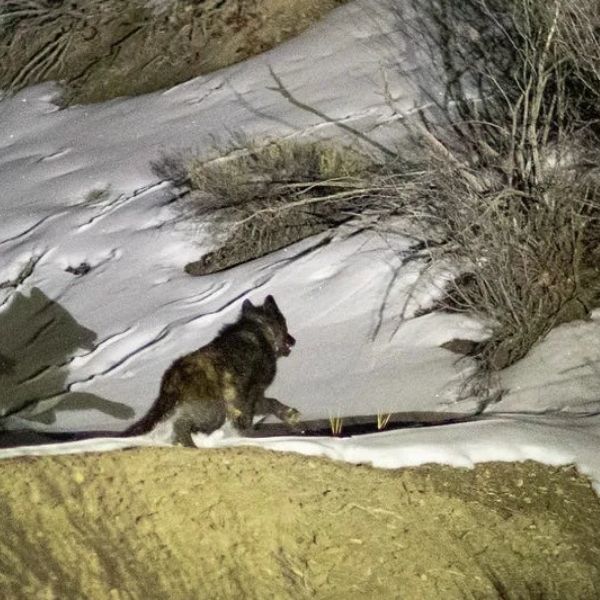

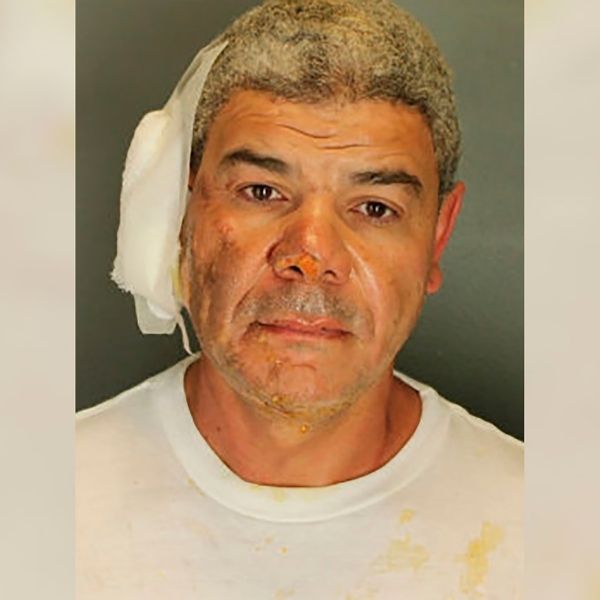

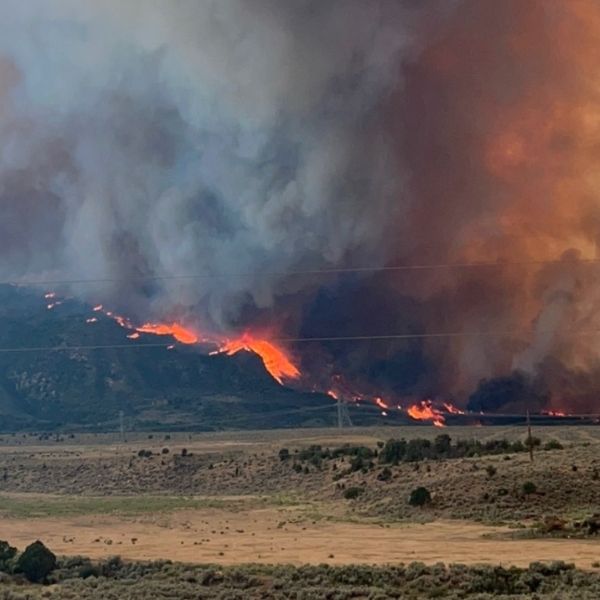
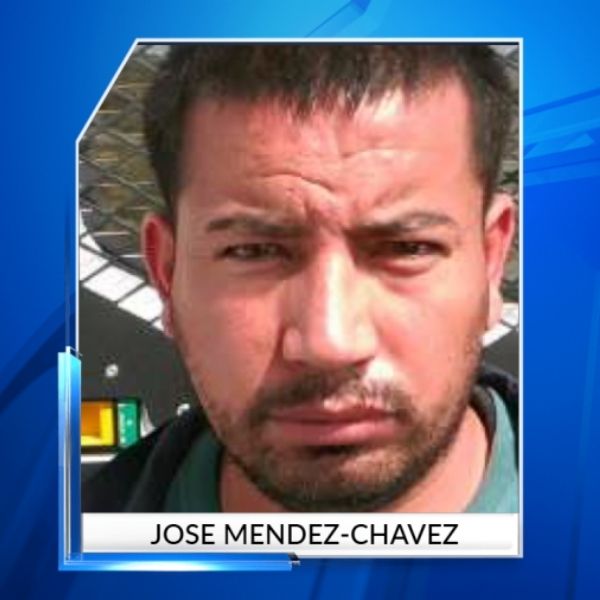



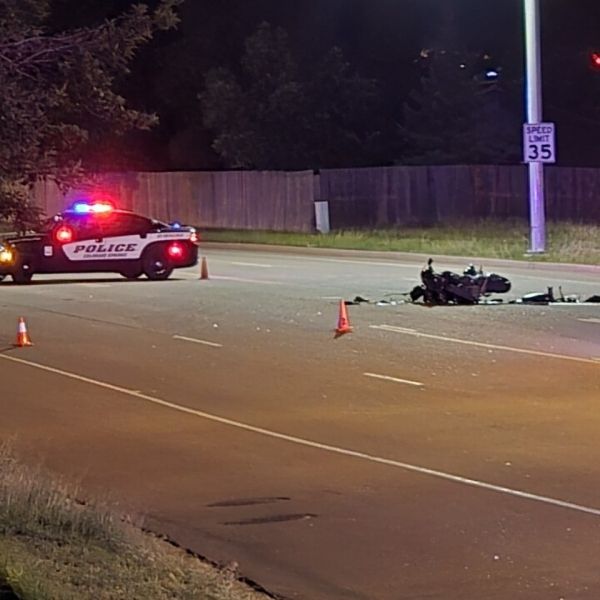




Leave a Reply